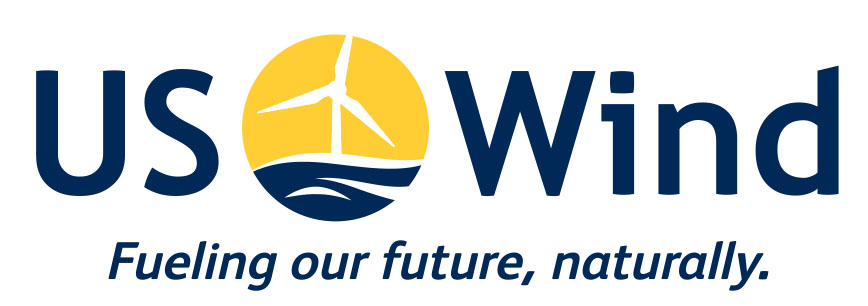Reliance on fossil fuels may come to an end sooner, thanks to the rise of renewables
The continued progress of renewable energy around the globe is said to decrease—and eventually, end—our dependence on fossil fuels earlier than predicted, a new report says. This follows a string of positive news from Europe, particularly in offshore wind, such as the near-completion of the world’s largest wind farm in England, the first time Britain consumed electricity not generated from burning coal since the 1880s, and the UK Labour Party promising a Green Industrial Revolution to create almost 70,000 new jobs while working to create a carbon-neutral economy by 2030. In the U.S., legislative action from the state and local governments have since spurred movement that targets to eliminate greenhouse gas emissions, with the Green New Deal aiming to take the action to the national level.
According to a new report from The Guardian, “The looming fossil fuel peak is expected to emerge decades ahead of forecasts from oil and mining companies, which are betting that demand for polluting energy will rise until the 2040s.” However, as new, innovative clean energy technologies such as wind and solar power emerge faster than predicted, experts are said to be “adjusting their forecasts.” Across the globe, people rally behind the call for meaningful action curbing the impact of rising global temperatures that pose critical danger, a climate catastrophe.
The economic returns of adopting renewable energy sources grow increasingly promising, too. The research group Bloomberg New Energy Finance (BNEF) reported earlier this month that “not only was renewable energy cheaper than building a new gas or coal plant, but it would soon be cheaper than using existing thermal plants too.”
BNEF founder Michael Liebreich says that we are entering a new, transformative era in energy production, but it’s going to take time. “The first 1% takes forever, 1% to 5% is like waiting for a sneeze – you know it’s inevitable but it takes longer than you think – then 5% to 50% happens incredibly fast,” Liebreich says. “Over the next decade we’ll see a far quicker than expected rollout of a number of clean energy technologies, which will almost certainly mean global emissions plateau,” he adds.

